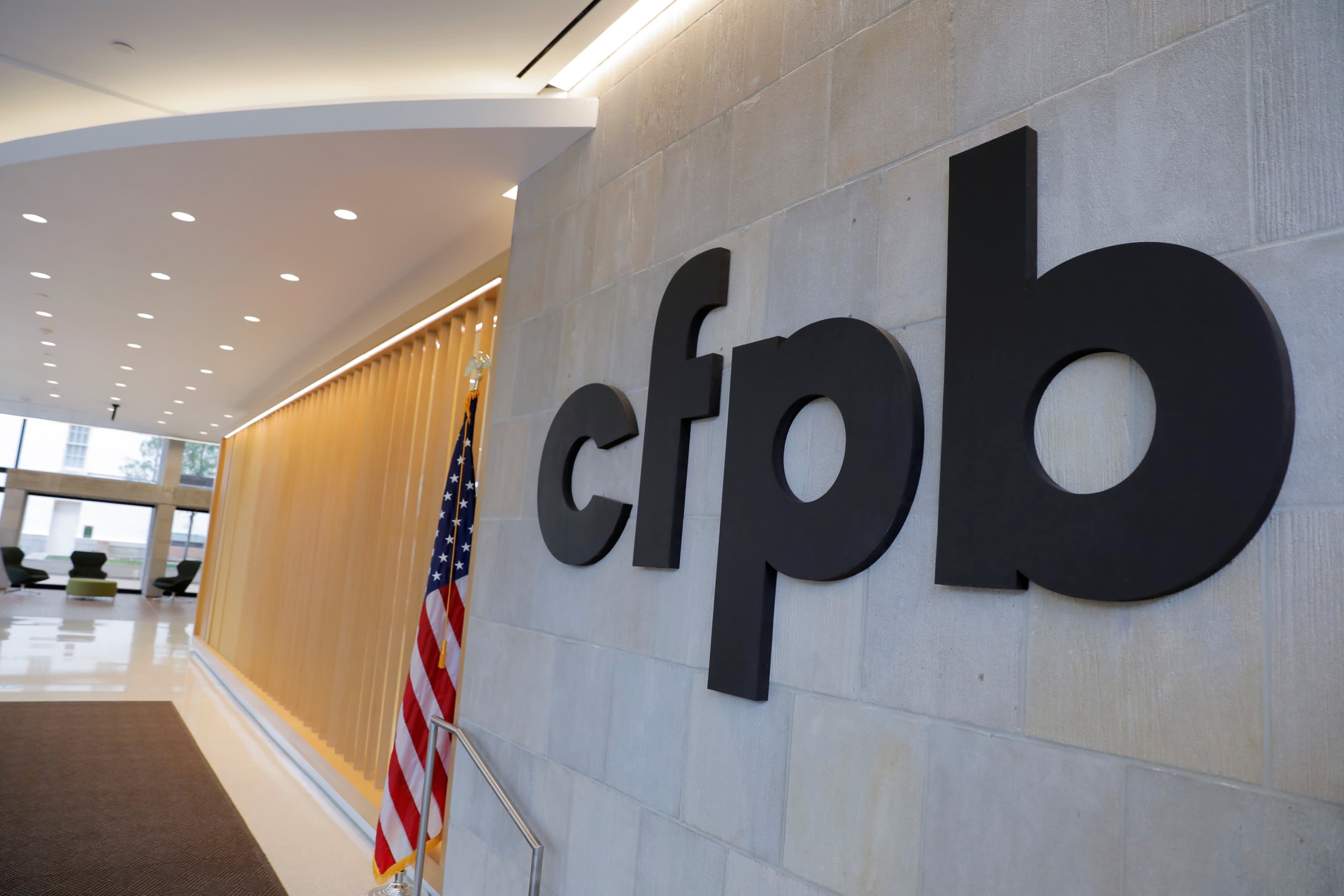Federal regulators have issued a stern warning to healthcare providers, Medicare Advantage plans, and debt collectors regarding improper billing practices targeting Qualified Medicare Beneficiaries (QMBs). These beneficiaries, who often have limited income, should not be billed for cost-sharing expenses by any healthcare providers who accept Medicare.
The joint statement from the Consumer Financial Protection Bureau (CFPB) and the Centers for Medicare & Medicaid Services (CMS), released on Friday, November 1, aims to protect millions of QMBs who are living at or below the poverty line. CFPB Director Rohit Chopra underscored the agencies’ commitment to preventing illegal debt collection practices on invalid medical bills, stating, “The CFPB and CMS are working to ensure that Medicare beneficiaries are not subjected to illegal debt collection on improper medical bills.”
CMS Administrator Chiquita Brooks-LaSure echoed this sentiment, emphasizing that the guidance is intended to ensure Medicare recipients have access to healthcare without fear of being billed for costs they should not be responsible for.
According to the statement, approximately 11% of the Medicare-related complaints received by the CFPB over recent years have been from QMBs who reported attempts by healthcare providers or debt collectors to collect payments they did not owe.
The CMS warned that providers and suppliers in traditional Medicare, as well as those offering Medicare Advantage plans, along with debt collectors, could face sanctions or federal penalties if they improperly bill QMBs. Additionally, CMS clarified that healthcare providers are required to refund any improper charges, even if these charges were due to incorrect information about a recipient’s QMB status provided by Medicare Advantage plans.
Earlier, on October 1, the CFPB announced a broader initiative to address illegal practices among medical debt collectors. These practices include “double-dipping” to receive payment for services already covered by insurance, pressuring consumers to pay inflated or false charges, misrepresenting consumers’ rights to dispute bills, and collecting debts without verifying that the amounts owed are accurate.
In a report released in July, the CFPB highlighted a significant number of consumer complaints related to credit cards offered by dental and medical practices. The report found that healthcare providers often misrepresented features such as “deferred interest” promotions or pressured patients to open credit accounts during treatment, leading to financial burdens for consumers.
This latest guidance is part of an ongoing effort by federal regulators to address financial and billing abuses in healthcare and protect low-income Medicare recipients from unfair practices.




